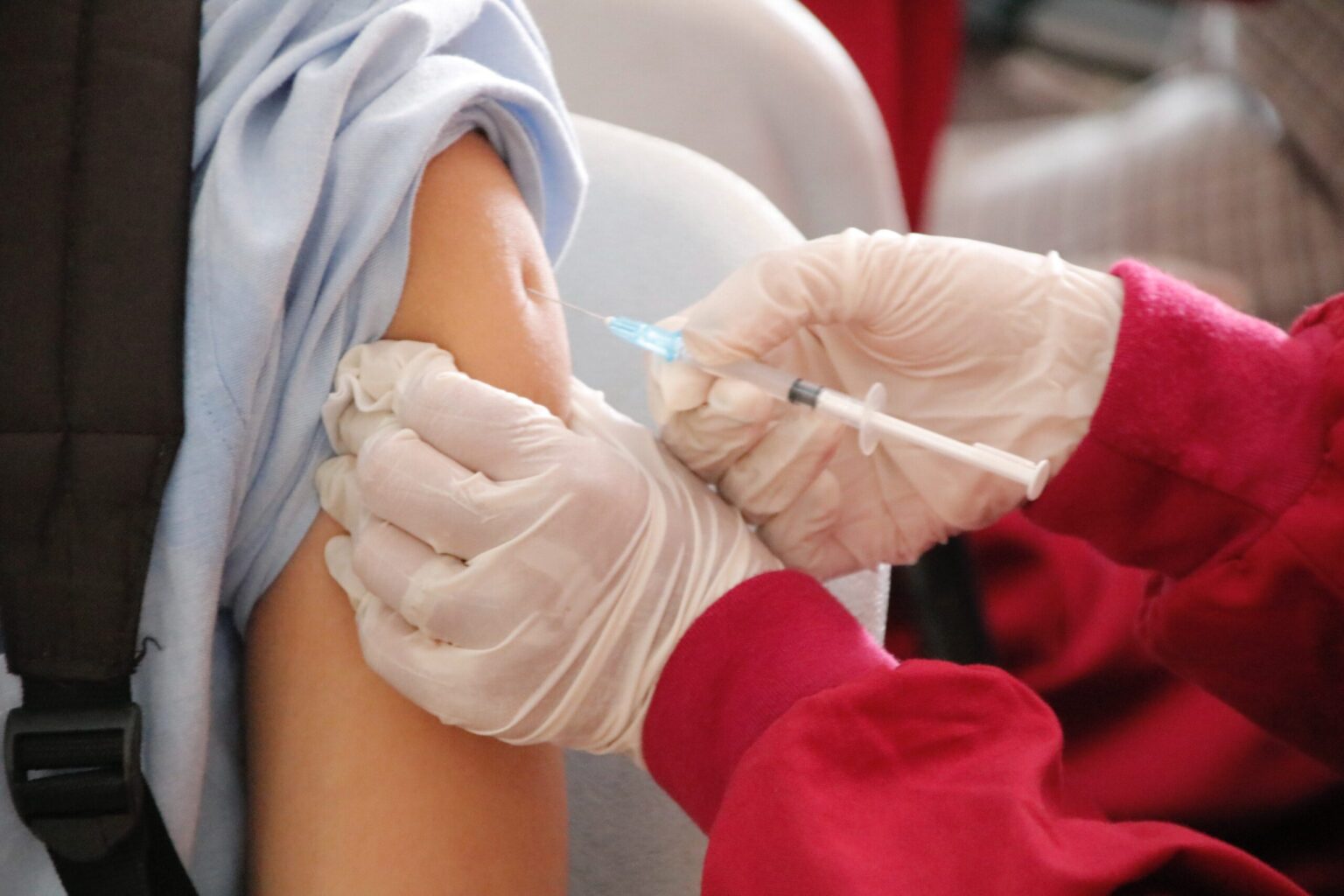In a landmark legal case highlighting issues of religious freedom and employment rights, Lisa Domski has won a record $12 million settlement after being terminated from her long-time position as an IT specialist at Blue Cross Blue Shield of Michigan for her refusal to receive the COVID-19 vaccine. Domski, who had devoted over three decades to the company, claimed that her dismissal constituted religious discrimination based on her Catholic faith, leading her to sue the insurance giant. The Detroit federal jury ruled in her favor, awarding her a significant compensation package that included $10 million in punitive damages, $1.7 million in lost wages, and $1 million for noneconomic damages, reflecting the severe impact of her termination.
Her attorney, Jon Marko, emphasized Domski’s commitment to her faith and the importance of religious liberty, stating, “Our forefathers fought and died for the freedom for each American to practice his or her own religion.” This sentiment underscores the broader debate during the pandemic about individual rights versus public health mandates. Domski’s work had primarily been remote even prior to the pandemic, raising questions about the necessity of her employer’s vaccine requirement, especially considering the safety and effectiveness of the vaccines have been debated since their rollout began.
The jury’s verdict was not just a personal victory for Domski but also a broader message against religious discrimination in the workplace. It reflected a pivotal moment in the ongoing discourse about vaccination mandates during the pandemic—an era characterized by significant upheaval in employment policies, public health directives, and personal liberties. Marko’s statement following the ruling reinforced the significance of the verdict in affirming the rights of employees to honor their religious beliefs without facing punitive actions from their employers.
In its defense, Blue Cross Blue Shield expressed disappointment with the jury’s decision, maintaining that their vaccine policy was intended to protect the health and safety of their employees and the community during a public health crisis. The company stated that its vaccination policy, implemented in October 2021, aimed to strike a balance between employee safety and adherence to legal obligations regarding religious and medical accommodations. However, their stance did not resonate with the jury, which appears to have sided with the principle of individual rights over corporate mandates.
The case is emblematic of the larger struggles faced by many Americans during the pandemic, particularly those who lost jobs due to vaccine mandates. Domski’s successful claim may set a precedent for similar cases and highlights ongoing tensions between individual rights and organizational policies. As the nation grapples with the aftermath of the pandemic, many are reflecting on the implications of enforced health measures on personal liberties and the ramifications for those who stood by their beliefs in the face of corporate pressure.
The potential return of Donald Trump to the White House may further influence the discussions surrounding vaccine mandates and employee rights, with many hoping for a clearer framework protecting individuals against such discrimination. As public sentiment shifts and more cases come to light, the landscape of employment law related to health decisions could see significant changes. Domski’s case not only brings attention to the importance of religious freedom in the workplace but also raises pressing questions about the rights of individuals in the ever-evolving interaction between public health and personal belief systems.

